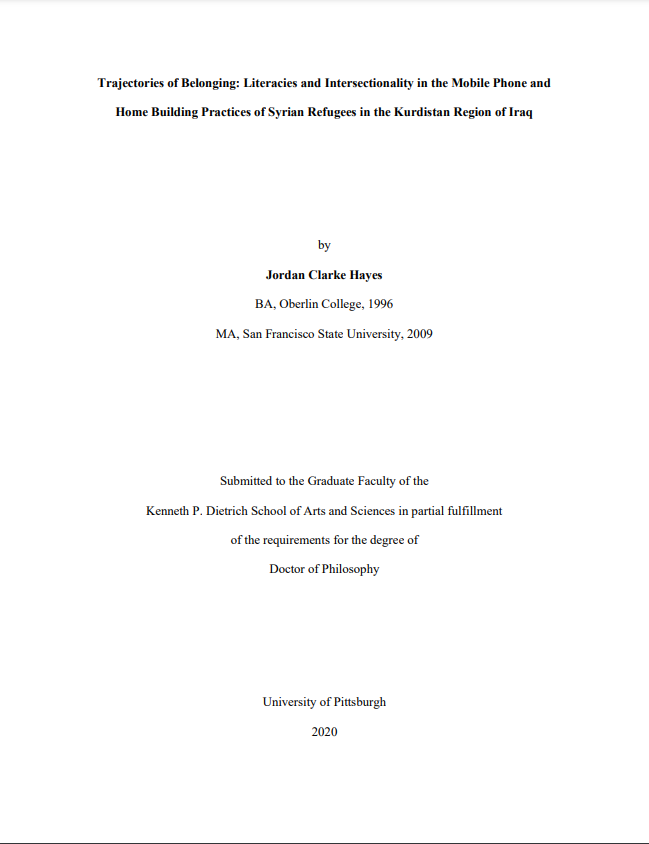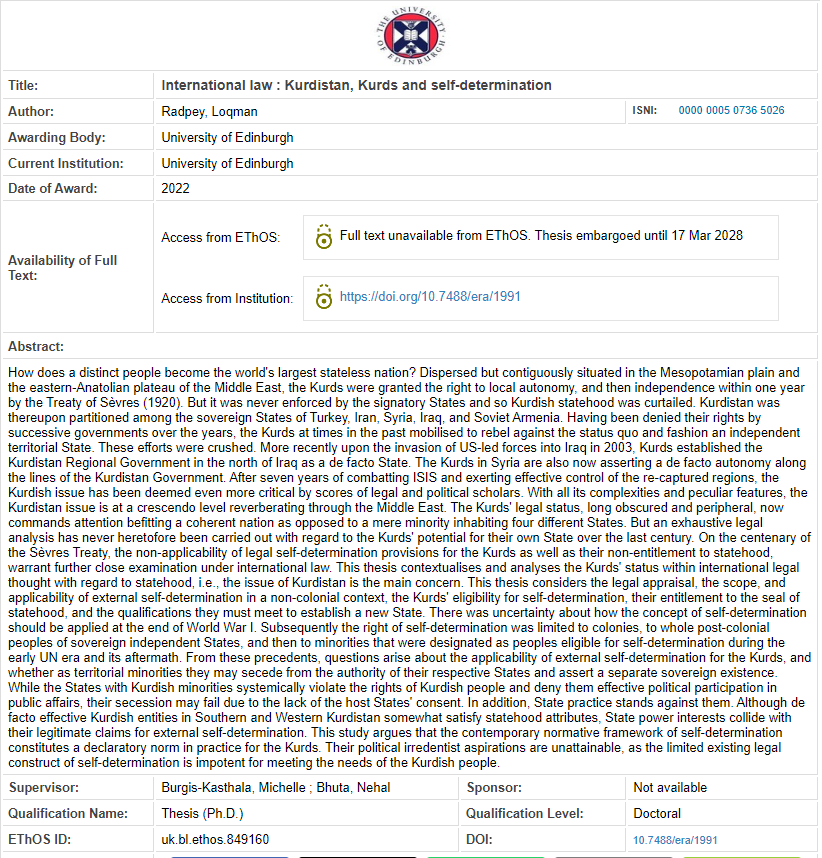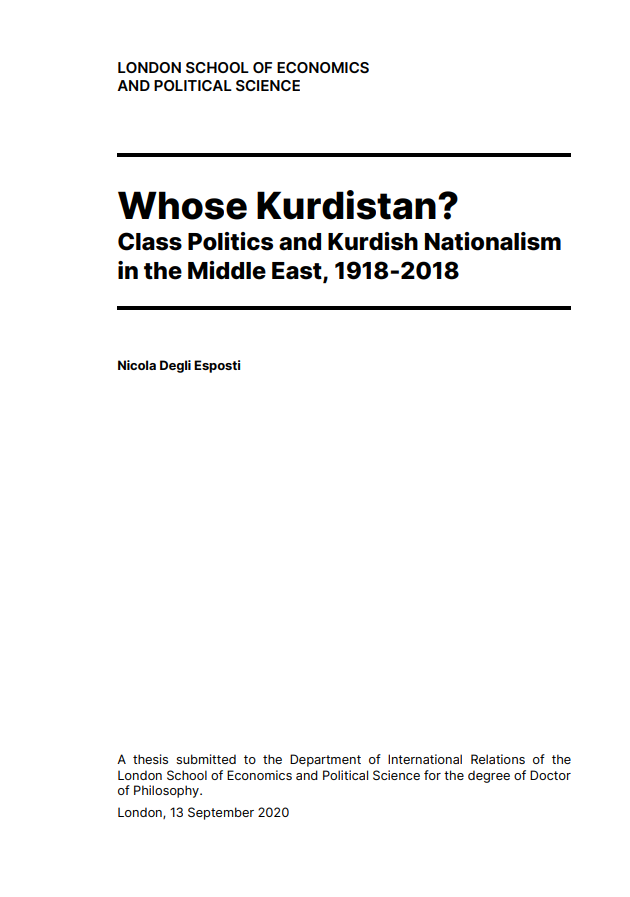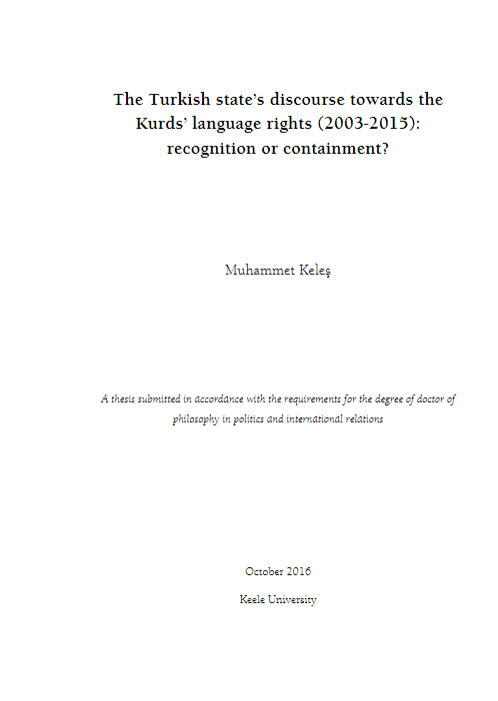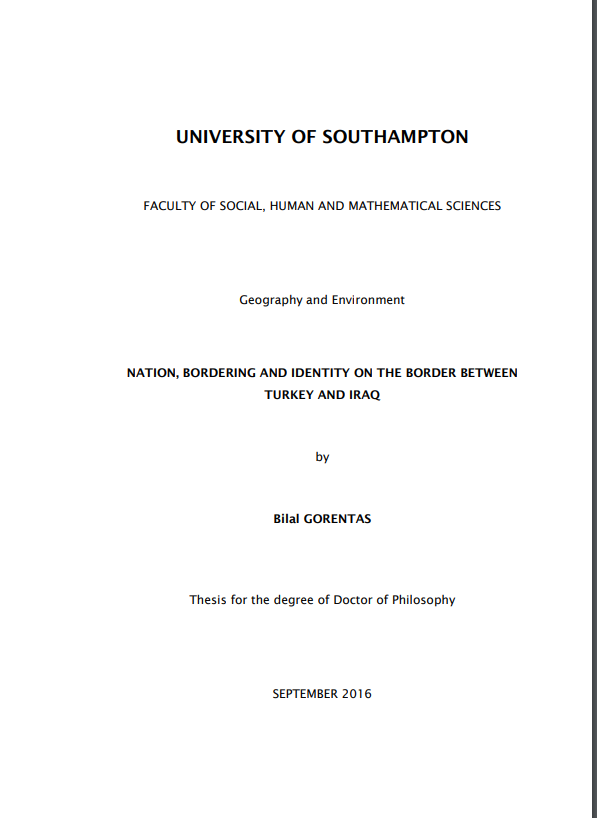How does a distinct people become the world’s largest stateless nation? Dispersed but contiguously situated in the Mesopotamian plain and the eastern-Anatolian plateau of the Middle East, the Kurds were granted the right to local autonomy, and then independence within one year by the Treaty of Sèvres (1920). But it was never enforced by the signatory States and so Kurdish statehood was curtailed. Kurdistan was thereupon partitioned among the sovereign States of Turkey, Iran, Syria, Iraq, and Soviet Armenia. Having been denied their rights by successive governments over the years, the Kurds at times in the past mobilised to rebel against the status quo and fashion an independent territorial State. These efforts were crushed. More recently upon the invasion of US-led forces into Iraq in 2003, Kurds established the Kurdistan Regional Government in the north of Iraq as a de facto State. The Kurds in Syria are also now asserting a de facto autonomy along the lines of the Kurdistan Government. After seven years of combatting ISIS and exerting effective control of the re-captured regions, the Kurdish issue has been deemed even more critical by scores of legal and political scholars. With all its complexities and peculiar features, the Kurdistan issue is at a crescendo level reverberating through the Middle East. The Kurds’ legal status, long obscured and peripheral, now commands attention befitting a coherent nation as opposed to a mere minority inhabiting four different States. But an exhaustive legal analysis has never heretofore been carried out with regard to the Kurds’ potential for their own State over the last century. On the centenary of the Sèvres Treaty, the non-applicability of legal self-determination provisions for the Kurds as well as their non-entitlement to statehood, warrant further close examination under international law. This thesis contextualises and analyses the Kurds’ status within international legal thought with regard to statehood, i.e., the issue of Kurdistan is the main concern. This thesis considers the legal appraisal, the scope, and applicability of external self-determination in a non-colonial context, the Kurds’ eligibility for self-determination, their entitlement to the seal of statehood, and the qualifications they must meet to establish a new State. There was uncertainty about how the concept of self-determination should be applied at the end of World War I. Subsequently the right of self-determination was limited to colonies, to whole post-colonial peoples of sovereign independent States, and then to minorities that were designated as peoples eligible for self-determination during the early UN era and its aftermath. From these precedents, questions arise about the applicability of external self-determination for the Kurds, and whether as territorial minorities they may secede from the authority of their respective States and assert a separate sovereign existence. While the States with Kurdish minorities systemically violate the rights of Kurdish people and deny them effective political participation in public affairs, their secession may fail due to the lack of the host States’ consent. In addition, State practice stands against them. Although de facto effective Kurdish entities in Southern and Western Kurdistan somewhat satisfy statehood attributes, State power interests collide with their legitimate claims for external self-determination. This study argues that the contemporary normative framework of self-determination constitutes a declaratory norm in practice for the Kurds. Their political irredentist aspirations are unattainable, as the limited existing legal construct of self-determination is impotent for meeting the needs of the Kurdish people.
